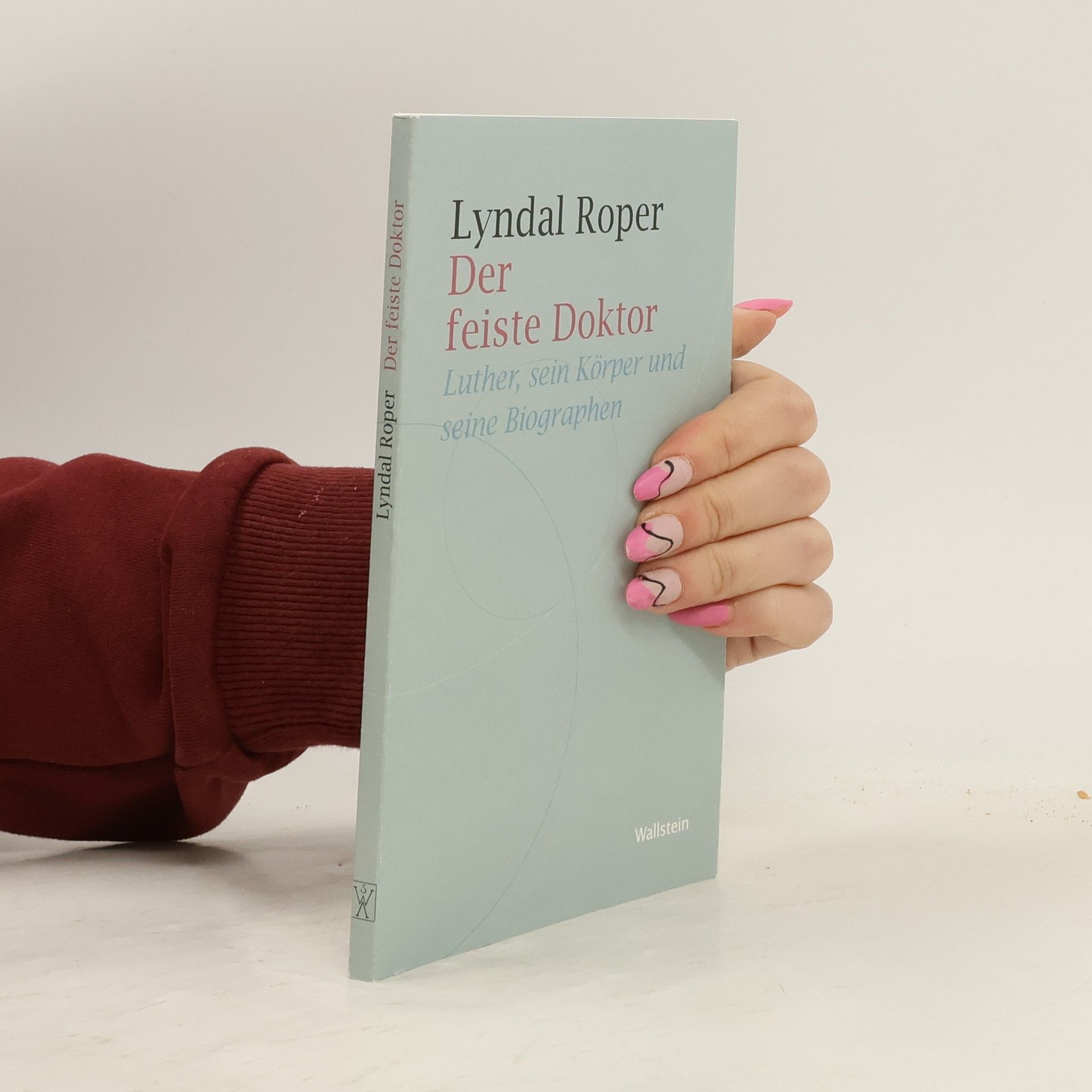Eine einfühlsame Biographie von Martin Luther, die ihn als komplexen Menschen zeigt, der die Welt veränderte. Lyndal Roper beleuchtet Luthers innere Welt, seine Beziehungen und seine Überzeugungen, insbesondere zur Eucharistie. Eine fesselnde Lektüre für alle, die Luther und die Reformation neu entdecken möchten.
Lyndal Roper Book order (chronological)
Lyndal Roper is an Australian historian whose groundbreaking work delves into the complex history of witchcraft. She offers readers a deep dive into the mentality and societal structures of the past, meticulously analyzing historical sources. Her approach provides a nuanced understanding of beliefs and practices surrounding witchcraft, revealing its significance in shaping historical narratives. Roper's scholarship illuminates the intricate interplay between societal fears and historical events through her rigorous examination.
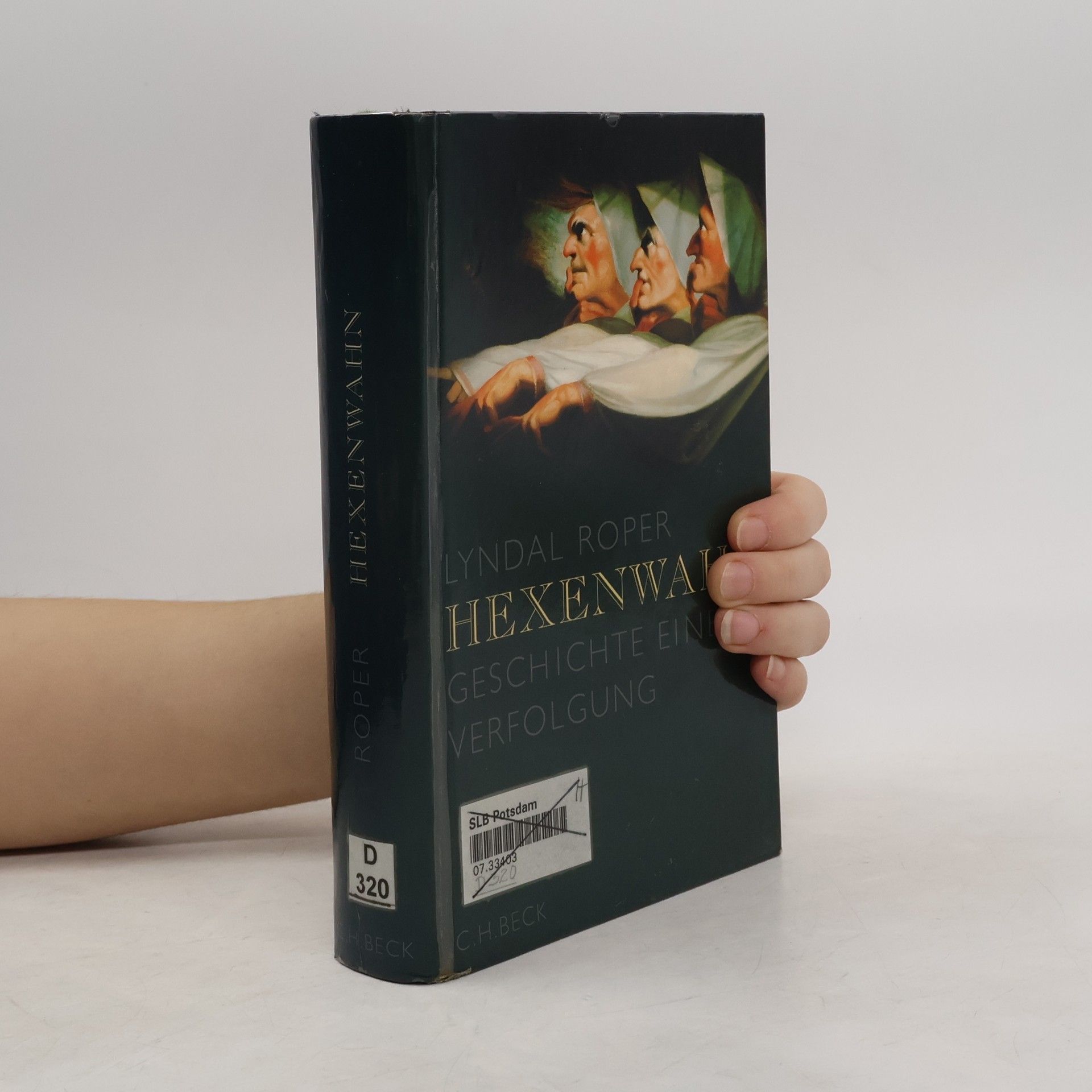
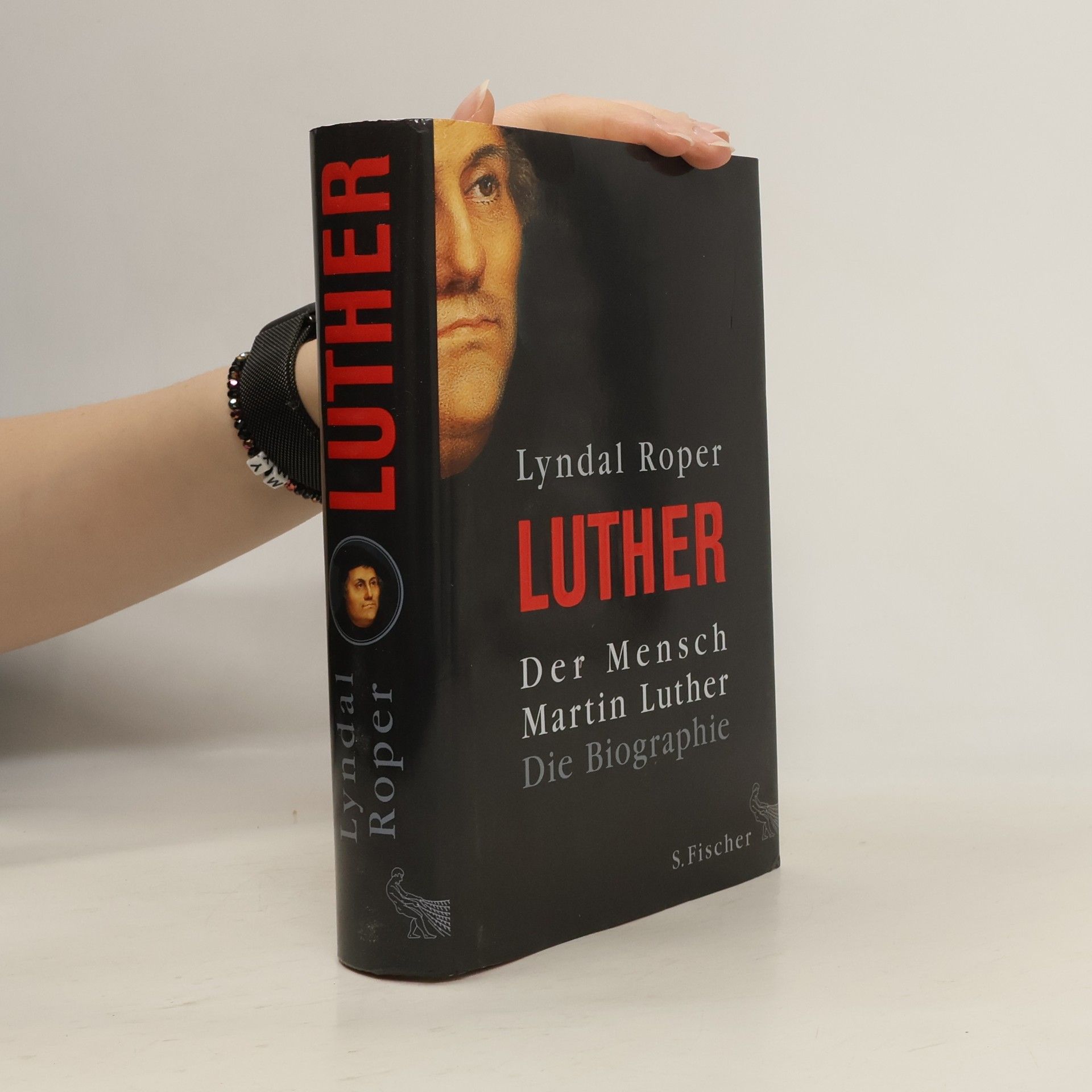
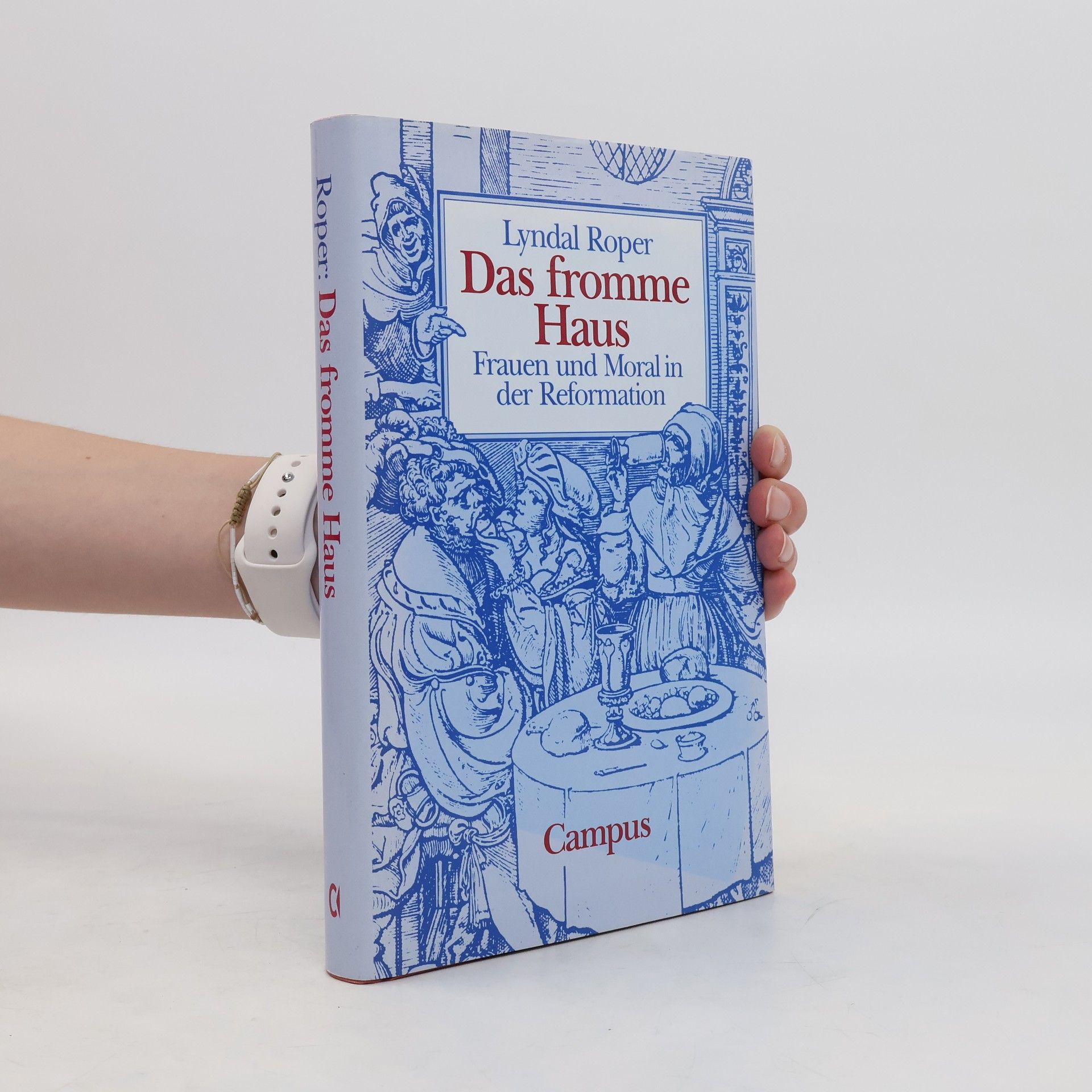
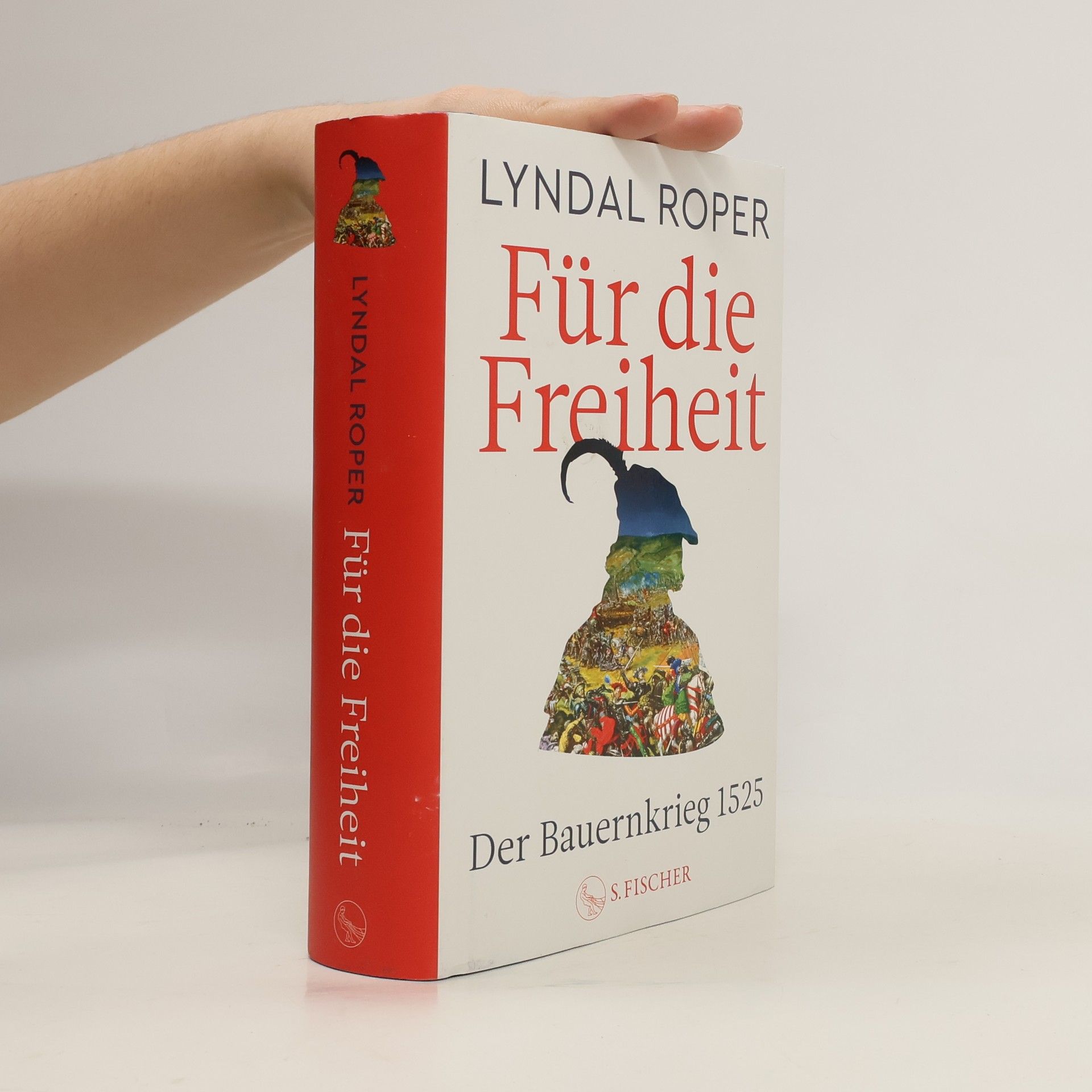
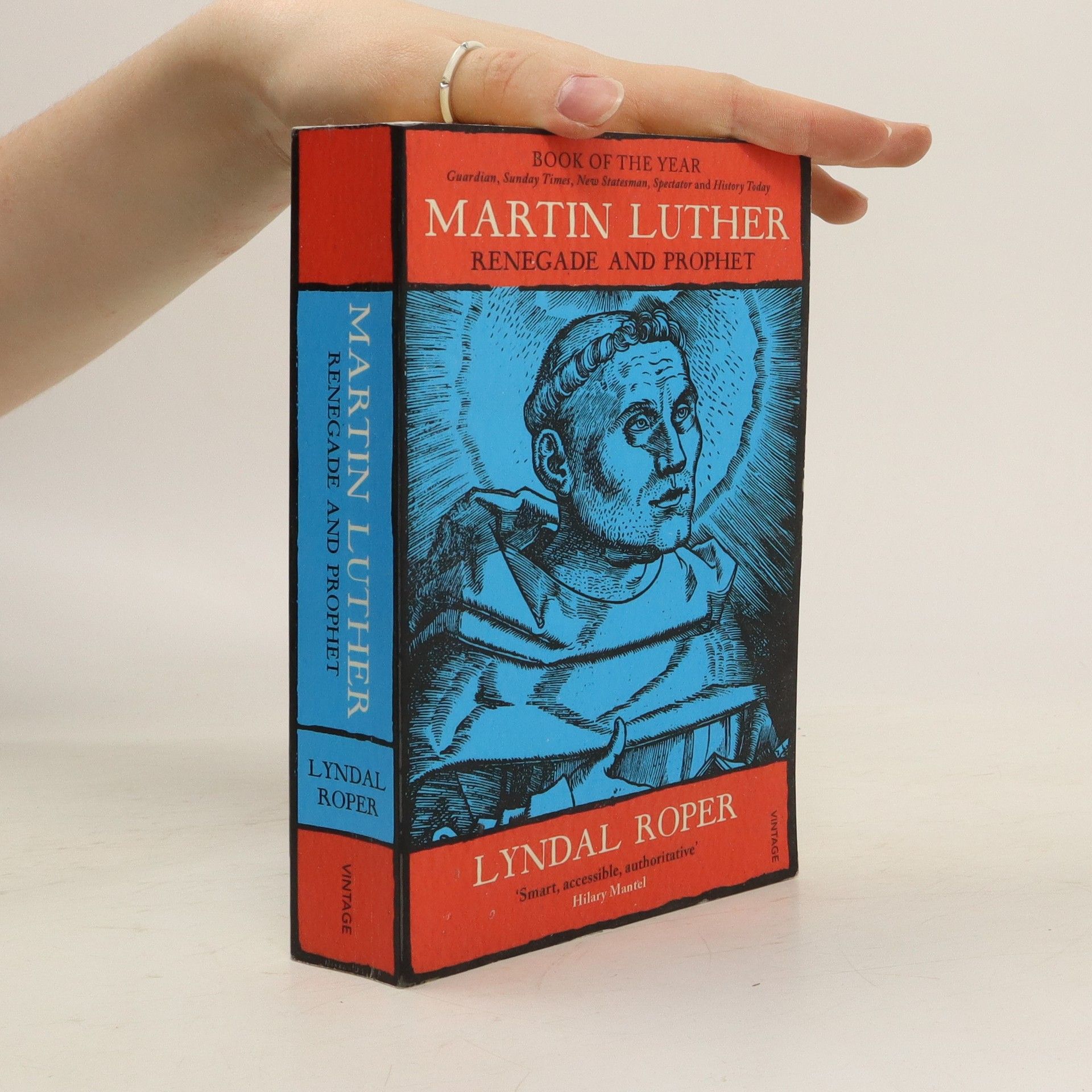

Für die Freiheit
Der Bauernkrieg 1525 | 500 Jahre Bauernkrieg: Das neue Standardwerk der Bestseller-Autorin
- 676 pages
- 24 hours of reading
Zum 500. Jahrestag des Bauernkriegs schildert Lyndal Roper die Geschichte der größten Massenbewegung vor der Französischen Revolution. Sie beleuchtet die Sehnsüchte der Aufständischen nach Freiheit, Gerechtigkeit und einem gottgefälligen Reich, während sie sich gegen die Grundherren erhoben, inspiriert von Thomas Müntzers Predigten.
Im Leben war ich Eure Plage
Luthers Welt und sein Vermächtnis
Zu Lebzeiten war Martin Luther äußerst umstritten. Bei Freund und Feind rief er begeisterte Zustimmung, vehemente Ablehnung, aber auch Hass hervor. Seine übergroße, dominante, oft erdrückende Persönlichkeit hinterließ unauslöschliche Spuren in der Welt, die bis in unsere Gegenwart reichen und bis heute weiterwirken. Sorgfältig hat Martin Luther sein Selbstbild geformt und darauf geachtet, wie ihn die Nachwelt sehen sollte. Das Porträt seiner charismatischen und polemischen Persönlichkeit erweitert Lyndal Roper, die bedeutendste Biographin Martin Luthers, zu einem historischen Psychogramm: Der Kirchenrebell und Revolutionär war die herausragende Persönlichkeit seiner Zeit. Der Buchdruck und die Gemälde von Lucas Cranach machten den Reformator jedermann bekannt. Omnipräsent in Wort und Bild wollte Luther die Kirche keineswegs spalten, aber doch jederzeit die öffentliche Aufmerksamkeit auf sich ziehen, um sich und seine Anschauungen durchzusetzen. War er feindselig gegen das Papsttum eingestellt? Steigerte sich seine Ablehnung der Juden zu antisemitischen Ausfällen? War der »Papst an der Elbe« eine »Plage«, wie er von sich selbst sagte? Großzügig illustriert, weitet sich das Vermächtnis Luthers zu einer Kulturgeschichte, deren Licht und Schatten bis in die unmittelbare Gegenwart reichen.
Living I Was Your Plague
- 296 pages
- 11 hours of reading
From the author of the acclaimed biography Martin Luther: Renegade and Prophet, new perspectives on how Luther and others crafted his larger-than-life image Martin Luther was a controversial figure during his lifetime, eliciting strong emotions in friends and enemies alike, and his outsized persona has left an indelible mark on the world today. Living I Was Your Plague explores how Luther carefully crafted his own image and how he has been portrayed in his own times and ours, painting a unique portrait of the man who set in motion a revolution that sundered Western Christendom. Renowned Luther biographer Lyndal Roper examines how the painter Lucas Cranach produced images that made the reformer an instantly recognizable character whose biography became part of Lutheran devotional culture. She reveals what Luther's dreams have to say about his relationships and discusses how his masculinity was on the line in his devastatingly crude and often funny polemical attacks. Roper shows how Luther's hostility to the papacy was unshaken to the day he died, how his deep-rooted anti-Semitism infused his theology, and how his memorialization has given rise to a remarkable flood of kitsch, from "Here I Stand" socks to Playmobil Luther. Lavishly illustrated, Living I Was Your Plague is a splendid work of cultural history that sheds new light on the complex and enduring legacy of Luther and his image.
Martin Luther
- 592 pages
- 21 hours of reading
She reveals the often contradictory psychological forces that drove Luther forward and the dynamics they unleashed, which turned a small act of protest into a battle against the power of the Church.A New Statesman, Spectator, History Today, Guardian and Sunday Times Book of the Year
Der Mensch Martin Luther
- 736 pages
- 26 hours of reading
Eine einfühlsame, mehrfach ausgezeichnete Biographie bietet ein neues Bild von Martin Luther und bringt ihn uns näher als je zuvor. Die renommierte Oxford-Historikerin Lyndal Roper hat sich intensiv mit Luthers Persönlichkeit, seiner inneren Welt und seinen Freundschaften auseinandergesetzt. Sie hat seine Schriften und Briefe neu gelesen sowie zahlreiche Dokumente über Luther und sein Umfeld ausgewertet. Roper schildert Luther als einen Menschen aus Fleisch und Blut, der den Körper und die Sexualität als Teil des Menschseins betrachtete und den Körper vom Makel der Sünde befreien wollte. Sein Glaube an die Einheit von Körper und Geist bildet den Kern seiner Theologie und wird zu einem zentralen Streitpunkt des Christentums: Luthers Überzeugung von der leibhaftigen Anwesenheit Christi in der Eucharistie. Durch die lebendige Darstellung von Luthers innerer Entwicklung und seinen Beziehungen wird deutlich, wie es zur Reformation kam. Diese Biographie ist eine großartige Lektüre für alle, die Luther und die Reformation neu entdecken oder erstmals kennenlernen möchten. Sie ist opulent ausgestattet mit über 100 Abbildungen in Schwarzweiß und Farbe. Die Kritiker loben Roper für ihren brillanten Blick auf Luther als Mensch und die neuen Facetten, die sie aufdeckt.
Ein kulturhistorischer Beitrag über die Bedeutung der Gestalt und Darstellung Martin Luthers.
Warum wurden in Nördlingen, Würzburg oder Marchtal häufig ältere Frauen der Hexerei bezichtigt? Lyndal Roper beleuchtet die sexuelle Vorstellungswelt der Hexenverfolgung und die zentrale Rolle der Fruchtbarkeit für Männer und Frauen. Während wir über die Zahl der Opfer, die regionale Verteilung und den Ablauf der Prozesse gut informiert sind, bleibt unklar, warum Gesellschaften so grausam über wehrlose Opfer wie alte Frauen und Kinder herfielen. Roper möchte die emotionalen Mechanismen aufdecken, die diese Prozesse und die Exekution ihrer Urteile ermöglichten. Anhand markanter Fälle wird deutlich, dass es für die Menschen des 16. und 17. Jahrhunderts überlebenswichtig war, die Ursachen von Kindstoden, kranken Kühen und schlechten Ernten zu verstehen. Die meisten Verdächtigen wurden wegen Schadenszaubers beschuldigt – sie waren verantwortlich für sauer gewordene Milch, kranke Kinder und vergiftetes Wasser. Die Beseitigung dieser „Schuldigen“ wurde als Weg zur Wiederherstellung des Wohlstands gesehen. Interessanterweise traf diese Schuldzuweisung oft die älteren Frauen, die am meisten zur Versorgung anderer beitrugen. Roper untersucht, wie diese Projektion entstand und was sie dazu prädestinierte, zum Sündenbock zu werden. Sie analysiert ein breites Spektrum frühneuzeitlicher Vorstellungswelten und erklärt magisches Denken, Zauberglauben und Hexensabbate.
Das fromme Haus
- 296 pages
- 11 hours of reading
